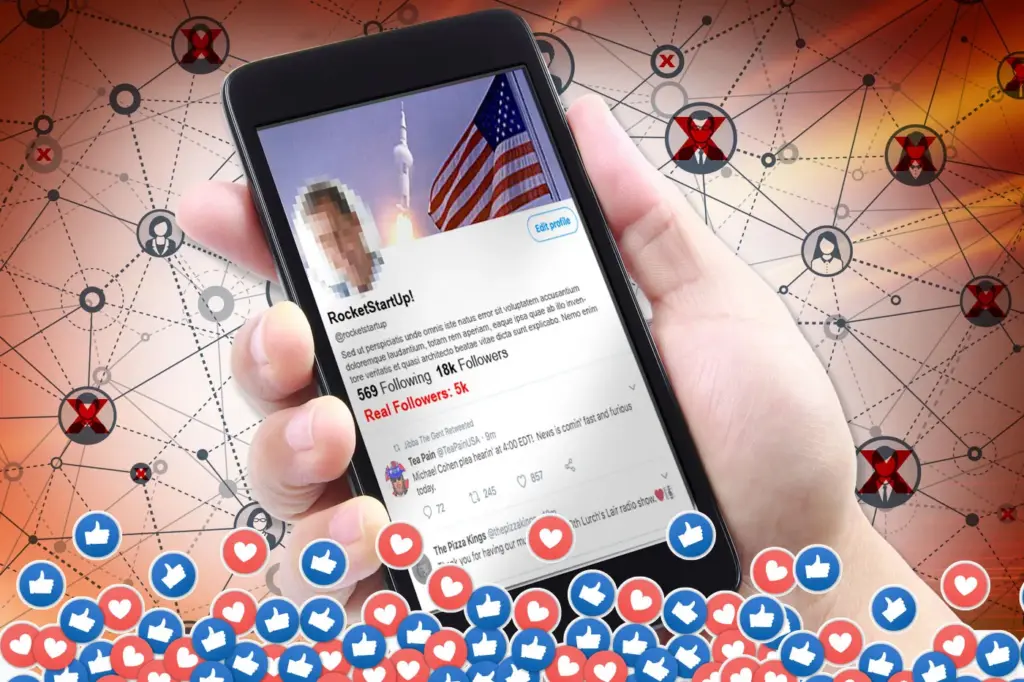The global conversation around data privacy has transformed dramatically in 2025. What began as scattered debates about targeted advertising has escalated into full-scale privacy wars that now shape geopolitics, digital markets, and public trust. Social platforms are caught between regulatory pressure, user expectations, and new competitive dynamics created by AI-driven networks. As governments tighten rules and tech giants push new standards, the question is no longer whether social media will be governed differently but how radically the landscape will change in the next few years.
Businesses, creators, and users now face a new reality where privacy is both a competitive advantage and a potential liability. This article explores the forces driving the new privacy wars and what they mean for the future of global social media governance.

The Global Regulatory Shakeup Redefining Social Platforms
Over the past three years, governments around the world have accelerated digital policy reforms, making 2025 a turning point for privacy oversight. The EU’s upgraded Digital Services Act (DSA+) and the United States’ incremental federal privacy proposals have set new baselines that influence global platform behavior. According to a 2024 OECD survey, nearly 70 percent of countries introduced or updated social media regulations between 2022 and 2024, signaling unprecedented legislative activity.
This regulatory escalation is driven by two factors. First, the rise of generative AI has expanded the volume and sensitivity of user data being processed. Second, misinformation incidents around elections have pushed policymakers to treat platform accountability as a national security issue. The result is a fragmented but forceful collection of rules that social platforms must navigate.
While some analysts argue this complexity will stifle innovation, others believe it will spark the creation of privacy-first social ecosystems and new business models.
AI Governance Becomes the New Front Line of Privacy
AI has become central to social media operations, from recommendation engines to content moderation. In 2025, AI governance is no longer limited to ethics committees or transparency reports; it has become a legal requirement in many regions.
One McKinsey study from late 2024 reported that nearly 55 percent of social media algorithms were updated to comply with new transparency mandates, including explainability obligations for content ranking systems.
The deeper challenge lies in how platforms handle the behavioral data used to train their models. Governments in Asia, Europe, and Latin America now require explicit consent for data used in algorithmic training, pushing platforms to rethink their data pipelines. As a result, companies are increasingly investing in synthetic data generation and edge computing.
For businesses and advertisers, these changes mean fewer granular targeting options but potentially better long-term trust with consumers. For users, the shift offers stronger control, although it also introduces new questions about algorithmic fairness and potential bias.
The Rise of User-Owned Data and Decentralized Social Networks
A major trend reshaping 2025 is the rise of user-owned identity and decentralized platforms built on blockchain or distributed data systems. While these networks remain relatively niche, their adoption is accelerating among younger demographics concerned with privacy.
A 2024 GlobalWebIndex report shows that 42 percent of Gen Z users would prefer social platforms that allow them full ownership and portability of their data.
The decentralization movement has also given rise to “portable personas,” allowing users to move their identity, history, and preferences across platforms without giving companies permanent access. This challenges the legacy business model of data lock-in and forces established social media giants to rethink how they deliver value.
However, decentralization brings new governance questions. Without a central authority, content moderation becomes more difficult, and legal responsibility becomes fuzzy. Governments have started exploring hybrid models where decentralized networks must comply with standard safety protocols while maintaining user autonomy.
Social Media Companies Deploy Privacy as a Market Differentiator
For the first time since the dawn of social networking, privacy is becoming a primary selling point. Meta, TikTok, X, and emerging AI-native platforms have redesigned onboarding flows, consent dashboards, and data controls to highlight user protection.
A Deloitte forecast for 2025 suggests that privacy-centric product features will influence up to 30 percent of user retention decisions across major platforms.
This shift is driven partly by competition from privacy-forward startups and partly by rising user fatigue around surveillance-style advertising. Companies are experimenting with new business models such as subscription tiers, ephemeral data processing, and AI-powered privacy advisors that help users understand their digital footprint.
While critics argue that privacy features are becoming marketing tools rather than genuine safeguards, the competitive pressure is nonetheless driving meaningful improvements in transparency and user control.
Geopolitics and the Fragmentation of the Global Social Web
Perhaps the most consequential change in 2025 is the geopolitical fragmentation of the digital landscape. Countries have begun creating their own “data zones,” restricting how information flows across borders.
In 2024, the World Economic Forum noted that cross-border data flows decreased for the first time in two decades, driven by national security concerns and data sovereignty laws.
This fragmentation has resulted in a multi-speed internet where users in different regions experience different versions of the same platforms with varying features and governance rules. For global brands and creators, this creates new complexity.
Campaigns must be localized not only for cultural relevance but also for compliance. Businesses must adjust their data storage, analytics, and marketing strategies to match local regulations. As a result, the cost of global digital operations is rising, but so is the value of compliant, trustworthy engagement.
The Business Implications: New Risks and New Advantages
Companies navigating the new privacy wars face both risks and opportunities.
Key risk areas include regulatory fines, shrinking data pools for ad targeting, and growing public scrutiny. Yet companies that adapt early can turn privacy into a competitive edge.
For example, brands adopting zero-party data strategies where users willingly contribute information have seen engagement improvements of up to 25 percent, according to multiple 2024 marketing benchmarks.
Forward-looking organizations are also investing in privacy engineering teams, cross-border compliance frameworks, and privacy-preserving analytics technologies. These investments are no longer optional; they are fundamental to maintaining digital trust in a world where consumers demand control and governments enforce it.
Conclusion: The Next Phase of Global Digital Trust
The privacy wars of 2025 signal an inflection point. Social media governance is evolving faster than at any point in its history, shaped by AI innovation, geopolitical tensions, and growing user awareness.
The companies that succeed in this environment will be those that treat privacy not as a constraint but as a foundation for long-term value.
Meanwhile, the emergence of decentralized networks and user-owned identities hints at a more democratic, pluralistic digital future.
For business leaders, policymakers, and creators, the challenge is clear: adapt to a privacy-first world or risk losing relevance in the next era of global social media.




